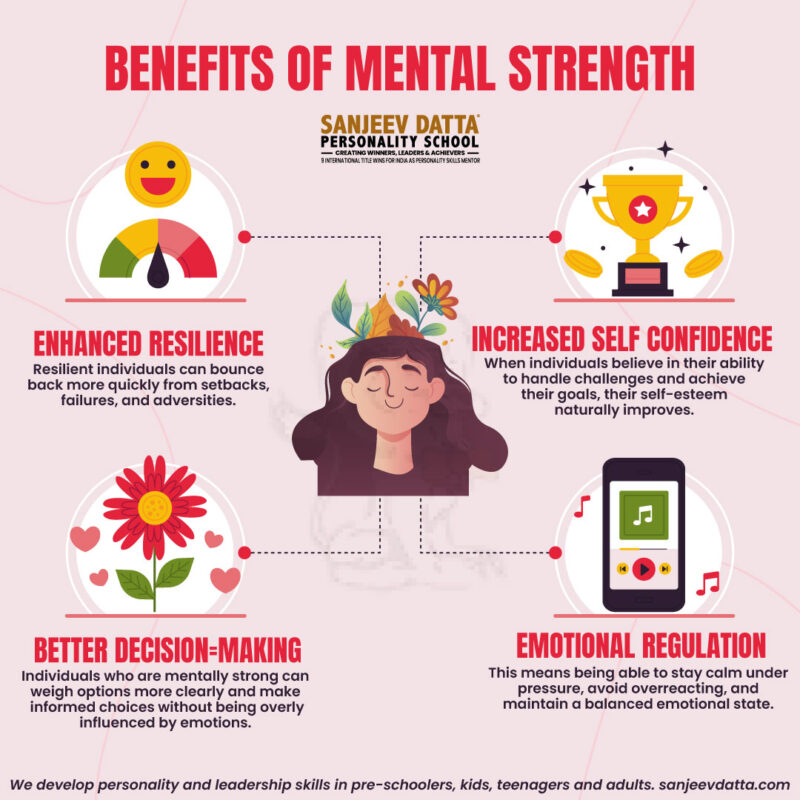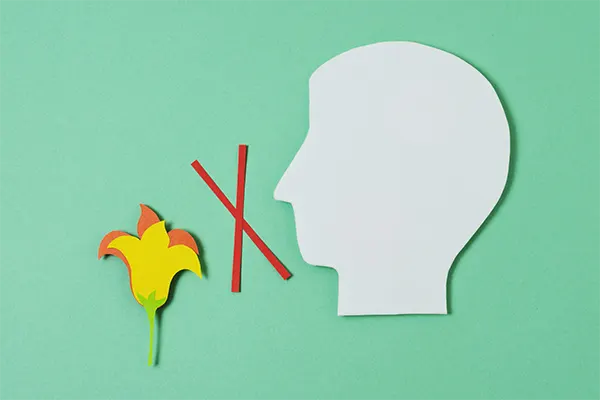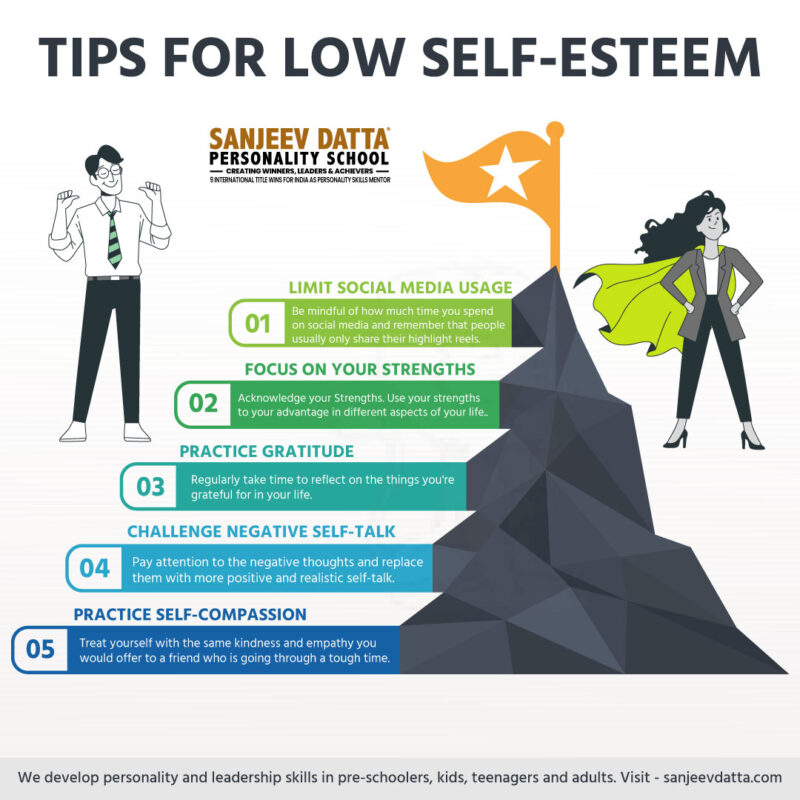Natural instincts, the innate tendencies and reactions that shape our behaviors, decisions, and interactions, are an integral part of who we are. These instincts can guide us through complex situations, warn us of dangers, and help us make quick decisions. However, honing these instincts to their fullest potential requires awareness, practice, and dedication. In this article, we will explore the ways for how to hone natural instincts, enhancing your ability to navigate life’s challenges more effectively.
Introduction
Have you ever had a gut feeling about a decision that turned out to be right? Or sensed danger before it became apparent to others? These experiences are manifestations of our natural instincts at work. Understanding how to hone natural instincts can significantly improve our personal and professional lives. In a world that often emphasizes logic and reason, the value of instincts can sometimes be overlooked. Yet, our instincts are powerful tools that, when properly developed, can provide us with an edge in various aspects of life.
This article will delve into the science behind natural instincts, offer practical tips for enhancing them, and provide exercises to help you become more attuned to your innate abilities. By the end of this guide, you’ll have a clearer understanding of how to harness the power of your instincts to make better decisions, improve your relationships, and achieve your goals.
Understanding Natural Instincts

What Are Natural Instincts?
Natural instincts are inherent behavioral responses to stimuli. These responses are often subconscious and stem from our evolutionary past, where quick, instinctual reactions were crucial for survival. While modern life may not require the same level of immediate physical response as our ancestors, these instincts still play a vital role in our daily lives.
The Science Behind Instincts
Instincts are deeply rooted in the brain, particularly in the amygdala, which processes emotions and triggers instinctual responses. The prefrontal cortex, responsible for rational thinking, often works in tandem with the amygdala to balance instinctual reactions with logical analysis.
Research shows that instincts are not just random impulses but are based on a deep-seated understanding and processing of experiences. For example, the concept of “thin-slicing,” introduced by psychologist Malcolm Gladwell, suggests that our brains can make quick, accurate judgments based on limited information. This ability is a testament to the power and accuracy of our instincts when properly tuned.

Why Hone Your Natural Instincts?

1. Enhanced Decision-Making
By honing your natural instincts, you can make more confident and quicker decisions. This can be particularly beneficial in high-pressure situations where time is of the essence.
2. Improved Personal Relationships
Being attuned to your instincts can enhance your empathy and understanding of others, leading to better communication and stronger relationships.
3. Increased Self-Confidence
Trusting your instincts can boost your self-esteem and confidence, as you become more reliant on your internal cues and less dependent on external validation.
4. Better Problem-Solving Skills
Instincts can help you identify creative solutions to problems that logical thinking alone might not reveal. They can provide a different perspective that leads to innovative approaches.
Visit: how to build mental strength
How to Hone Natural Instincts?

1. Self-Awareness and Mindfulness
Self-awareness is the foundation of honing natural instincts. Understanding your thoughts, feelings, and reactions helps you recognize your instinctual responses.
- Practice Mindfulness
Mindfulness involves being fully present in the moment and aware of your thoughts and feelings without judgment. Regular mindfulness practice, such as meditation, can help you become more attuned to your instincts. - Exercise: Spend 10 minutes each day in a quiet space, focusing on your breath. Observe your thoughts and feelings without trying to change them. This practice will enhance your self-awareness and help you tune into your instincts.

2. Trust Your Gut
Often, our first instinctual reaction is the correct one. Learning to trust your gut can be challenging, especially if you’re used to second-guessing yourself.
- Start Small
Begin by trusting your instincts in low-stakes situations. For example, choose a meal or a book based on your gut feeling. As you build confidence, you can apply this trust to more significant decisions. - Exercise: Keep a journal of decisions you make based on your instincts. Note the outcome of each decision. Over time, you’ll see patterns that reinforce the reliability of your instincts.
3. Reflect on Past Experiences
Reflecting on past experiences can help you understand how your instincts have guided you in the past. This reflection can reinforce your trust in your natural instincts.
- Analyze Outcomes
Look at both positive and negative outcomes of decisions made on instinct. Understanding why a particular instinctual decision worked or didn’t work will provide valuable insights. - Exercise: Write about a few past decisions you made based on your instincts. Analyze what influenced your gut feeling and how the decision turned out. Reflect on what you learned from these experiences. Groom yourself into a self-assured and articulate individual with our fun and engaging personality development training programs.
4. Stay Informed and Educated
Knowledge enhances your instincts by providing a broader base of information for your subconscious mind to draw from. Staying informed and continuously learning can sharpen your instincts.
- Continuous Learning
Engage in continuous learning by reading books, attending workshops, and seeking new experiences. The more knowledge and experiences you accumulate, the sharper your instincts will become. - Exercise: Dedicate time each week to learn something new, whether it’s reading a book, taking an online course, or exploring a new hobby. This will broaden your knowledge base and enhance your instinctual responses.

5. Listen to Your Body
Your body often sends signals that can guide your instincts. Learning to interpret these signals can enhance your ability to rely on your instincts.
- Body Awareness
Pay attention to physical sensations, such as a tightening in your stomach or a quickened heartbeat, as these can be indicators of your instincts at work. - Exercise: Practice body scanning, where you mentally scan your body from head to toe, noting any sensations or feelings. This practice will help you become more aware of your body’s signals.
Visit: positives for social conditioning
6. Practice Empathy
Empathy, the ability to understand and share the feelings of others, can enhance your instincts in social situations. By tuning into the emotions and reactions of those around you, you can better navigate interpersonal interactions.
- Active Listening: Active listening involves fully concentrating, understanding, and responding to others. This practice can enhance your empathy and improve your instinctual understanding of social cues.
- Exercise: During conversations, focus entirely on the speaker, avoiding interruptions. Reflect back what you heard to ensure understanding. This practice will improve your empathy and instinctual social skills.

7. Take Time for Solitude
Solitude provides the space to connect with your inner self and hone your instincts. Time alone can help you process experiences and listen to your inner voice.
- Quiet Reflection
Regularly set aside time for quiet reflection. This can help you tune out external noise and become more attuned to your instincts. - Exercise: Spend at least 15 minutes each day in solitude, free from distractions. Use this time for quiet reflection, journaling, or meditation. This practice will help you connect with your inner self and enhance your instincts.
8. Cultivate Curiosity
Curiosity drives exploration and learning, which in turn sharpens your instincts. By remaining curious and open-minded, you can expand your understanding and improve your instinctual responses.
- Ask Questions
Always seek to understand more about the world around you. Ask questions, explore new interests, and engage in diverse experiences. - Exercise: Each day, make it a goal to ask at least one new question about something you’re curious about. Whether it’s a topic at work, a hobby, or a random fact, this practice will fuel your curiosity and enhance your instincts. Equip your child with essential life skills, from empathy to effective communication, through our expertly designed training programs for personality development for kids.
9. Embrace Mistakes and Learn from Them
Mistakes are valuable learning opportunities. Embracing mistakes and analyzing them can provide insights into your instincts and how to improve them.
- Growth Mindset
Adopt a growth mindset, which involves seeing challenges and mistakes as opportunities for growth and learning. - Exercise: After making a mistake, take time to reflect on what happened and what you can learn from it. Write down your reflections and consider how you can apply this knowledge to hone your instincts.
10. Stay Physically Active
Physical activity can enhance your mental clarity and emotional well-being, both of which are crucial for sharp instincts. Regular exercise can improve your overall awareness and responsiveness.
- Regular Exercise
Incorporate regular physical activity into your routine. This can include activities like walking, running, yoga, or any exercise that you enjoy and keeps you active. - Exercise: Aim for at least 30 minutes of physical activity each day. Use this time to focus on your movements and sensations, enhancing your overall body awareness and instinctual responses.
Visit: how to practice perseverance
Conclusion
Learning how to hone natural instincts is a journey of self-discovery and continuous improvement. By cultivating self-awareness, trusting your gut, reflecting on experiences, staying informed, listening to your body, practicing empathy, taking time for solitude, nurturing curiosity, embracing mistakes, and staying physically active, you can sharpen your natural instincts and enhance your ability to navigate life with confidence and ease.
In a world that often values logic and reason, it’s important to recognize and trust the power of our instincts. These innate abilities, honed through awareness and practice, can provide us with invaluable insights and guidance. Embrace the process of developing your instincts, and you will find yourself making better decisions, forming deeper connections, and achieving your goals with greater ease.
By understanding and honing your natural instincts, you unlock a powerful tool that can significantly enhance your personal and professional life. Trust in your instincts, and let them guide you towards a more intuitive, confident, and fulfilling life.
Why Sanjeev Datta Personality School?
- Interview Training
- Leadership
- Presentation Training
- Social Boldness
- Dressing Etiquette
- Office Etiquette
- Communication Skills
- English Speaking
- Anger Management
- Time Management
- Team Building
- Performance Enhancer
- Soft Skills
- Goal Setting
- Career Counselling
- Student Subject Choice Counselling
- Listening Skills
- Video Presentation
- Meditation
For more details, contact us now!

